Share a love of reading and expose students to new books with these book talk prompts.
Share a Love of Reading Through Book Talks!
Nurture a love of reading and expose your students to new books through book chats!
Encourage your students to use this checklist as a prompt when talking about books they’ve read. Use the prompts for either formal or informal chats about books.
The teaching resource includes prompts for both fiction and non-fiction books.
Fiction Prompts
Tell your audience:
- The title
- The author
- The type of book/main subject e.g. dance, adventure, superhero
- What you liked about the book
- Your preferred character and why you chose them
- Other books you have read by the same author
- Connections you have made
- Why others should read it
Non-Fiction Prompts
Tell your audience:
- The title
- The author
- The type of book/main subject e.g. space, dinosaurs, history
- What you liked about the book
- The most interesting part and why you chose it
- Other books you have read on the same topic
- Connections you have made
- Why others should read it.
Choose Your Preferred File Format
Use the dropdown menu next to the Download button to choose between the full-colour or black-and-white version of this resource.
These prompts are perfect to use with other resources related to fostering a love of reading such as the Reading Preferences Survey or our Book Wish List.
For more ideas on reading engagement, visit our blog.
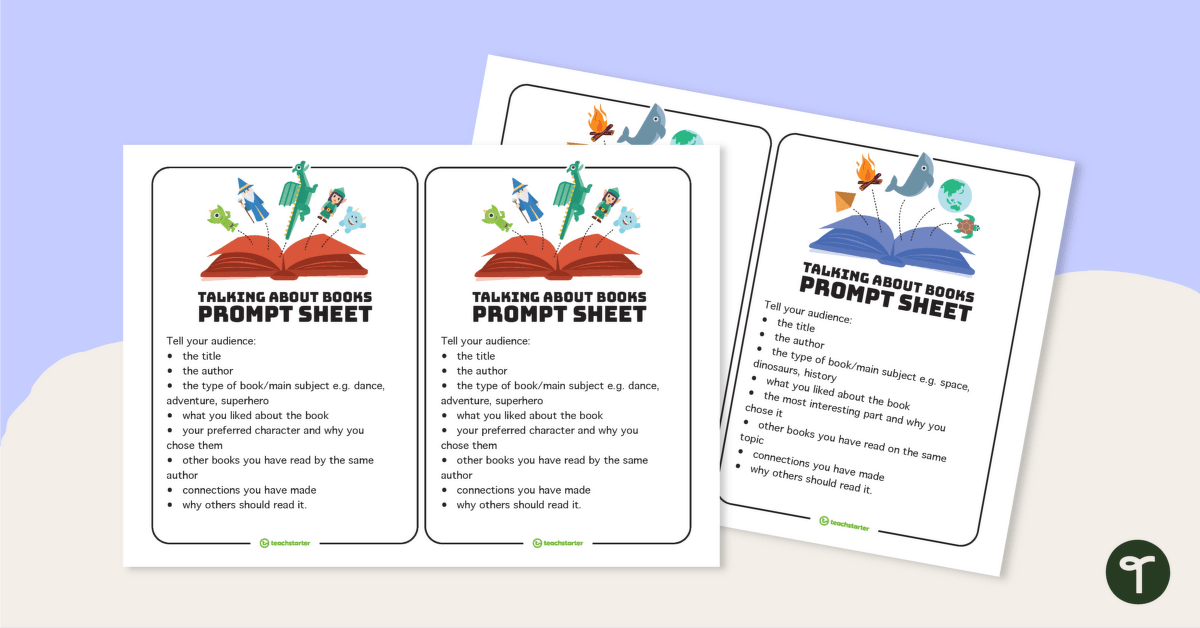

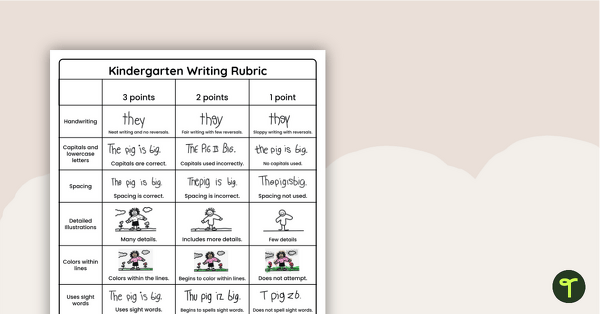
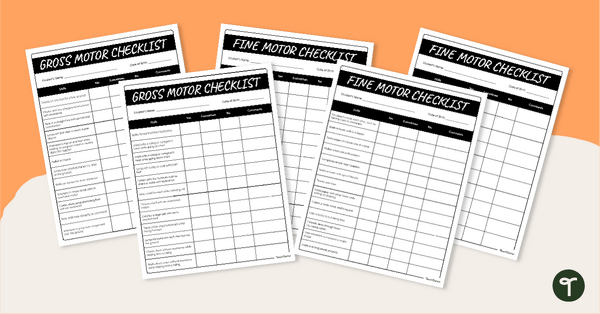
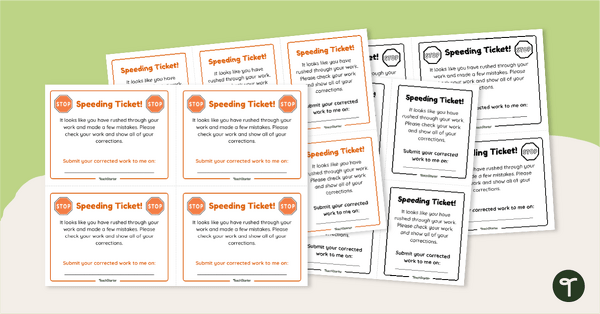
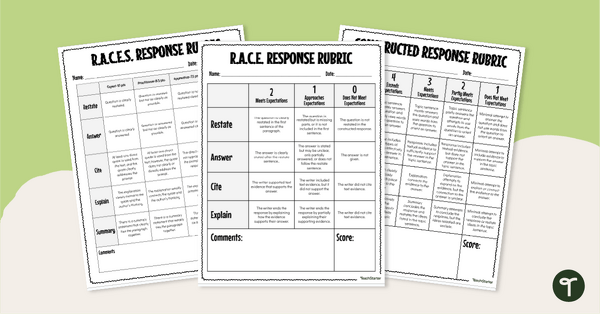
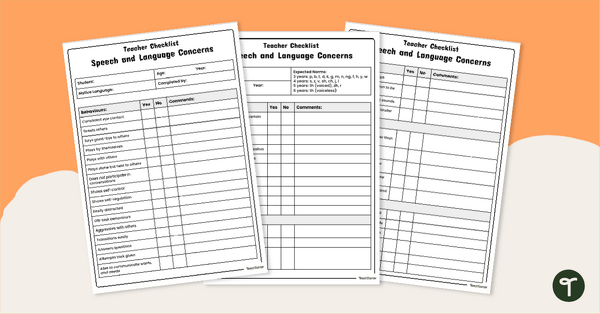
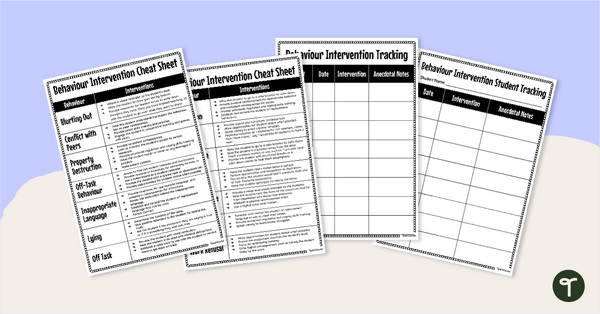
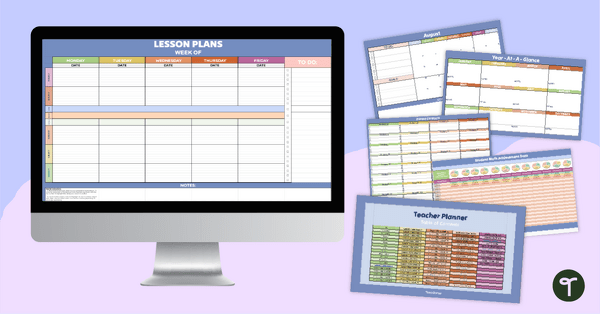
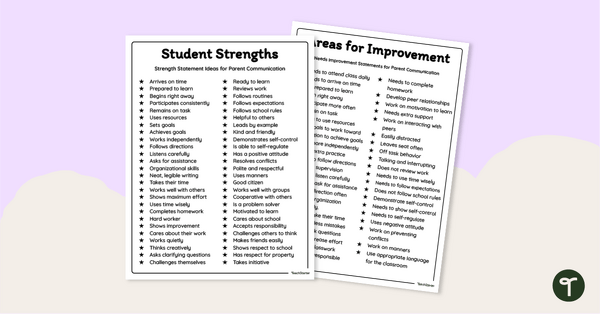
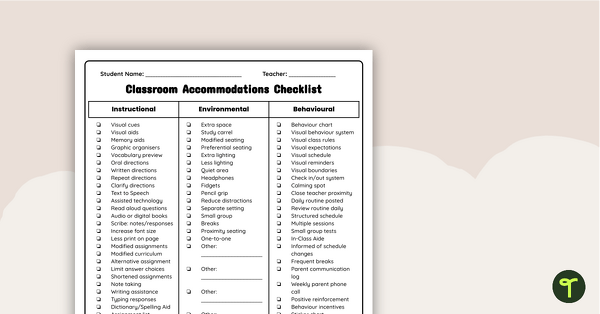
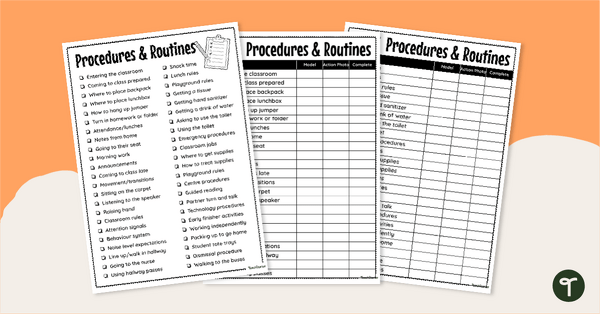
0 Comments
Write a review to help other teachers and parents like yourself. If you'd like to request a change to this resource, or report an error, select the corresponding tab above.